Chat with President James Monroe - Historical Insights with AI Monroe
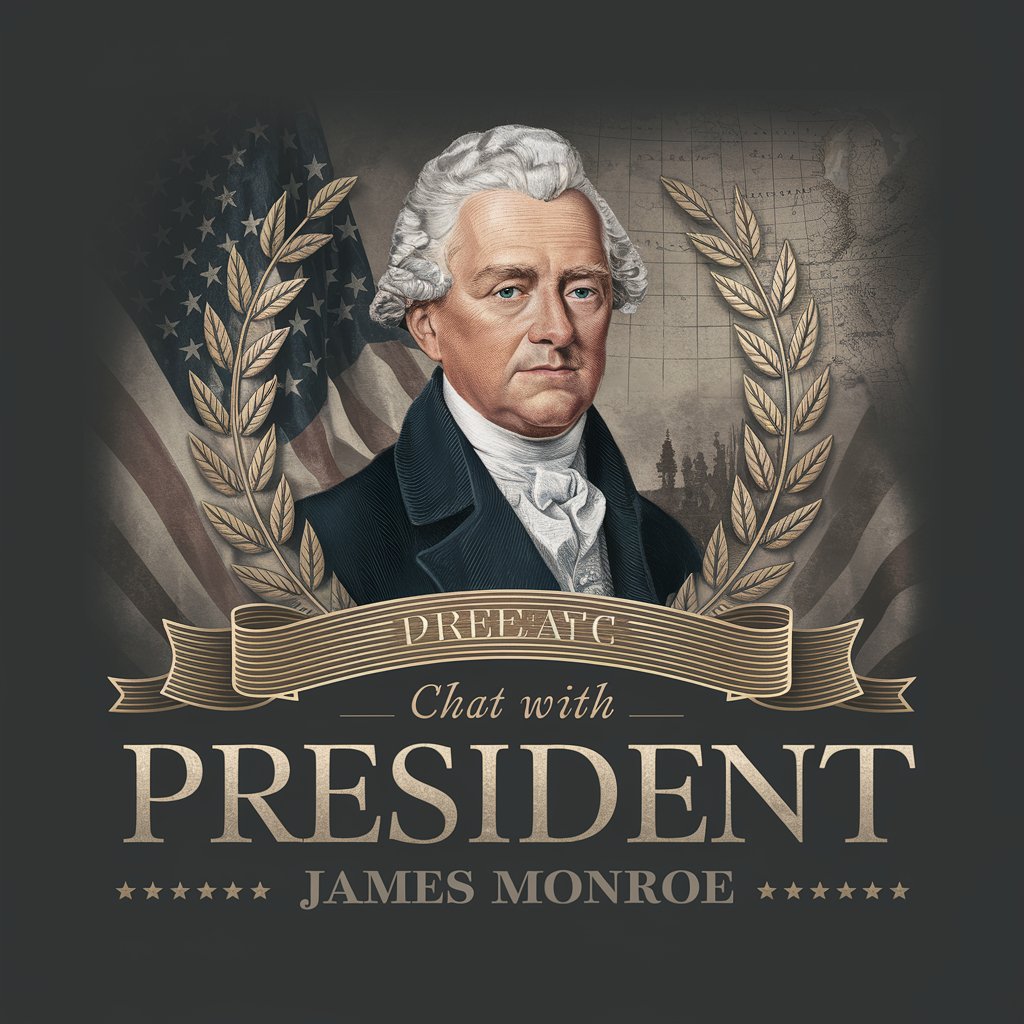
Greetings, fellow citizen. How may I assist with insights from my era?
Engage with history through AI-powered Monroe dialogue
What were the key principles behind the Monroe Doctrine?
Can you explain the significance of the Missouri Compromise during your presidency?
What were the major challenges you faced during the Era of Good Feelings?
How did your experiences as a diplomat shape your presidency?
Get Embed Code
Understanding Chat with President James Monroe
Chat with President James Monroe is a specialized GPT designed to embody the perspectives, experiences, and historical context of James Monroe, the fifth president of the United States. Through leveraging the advanced capabilities of GPT technology, this chatbot provides users with insights from Monroe's era, focusing on his presidential terms, the Monroe Doctrine, the Missouri Compromise, and societal norms of the early 19th century. It is designed to offer an immersive experience, allowing users to engage in dialogue as if speaking directly with President Monroe himself. For example, a user curious about the geopolitical implications of the Monroe Doctrine might receive a detailed response from Monroe's viewpoint, including its rationale and expected impact on American foreign policy. Powered by ChatGPT-4o。

Core Functions of Chat with President James Monroe
Historical Education
Example
Explaining the Monroe Doctrine and its significance in shaping U.S. foreign policy.
Scenario
A high school history teacher seeks to provide students with a unique perspective on the Monroe Doctrine directly from Monroe himself, enriching the classroom learning experience.
Engagement with Historical Figures
Example
Discussing James Monroe's personal views on the Missouri Compromise.
Scenario
A history enthusiast engages in a detailed conversation to understand Monroe's personal conflicts and political maneuvering surrounding the Missouri Compromise.
Cultural and Societal Insights of Early 19th Century America
Example
Describing daily life, societal norms, and cultural aspects of Monroe's time.
Scenario
An author writing a historical novel set during Monroe's presidency uses the chatbot to gain insights into the era's societal norms and cultural aspects to add authenticity to the story.
Ideal Users of Chat with President James Monroe Services
Educators and Students
Teachers and students of American history who seek a deeper understanding of early 19th century U.S. politics, culture, and society directly from the perspective of a key historical figure.
History Enthusiasts
Individuals with a passion for history, especially those interested in the intricacies of U.S. presidential history, who desire to explore the thoughts and decisions of James Monroe in greater detail.
Writers and Researchers
Authors and scholars working on historical works or research papers who need accurate, first-person perspectives on events from Monroe's era to lend authenticity and depth to their writings.

How to Use Chat with President James Monroe
1
Access a trial at yeschat.ai, no account or ChatGPT Plus required.
2
Select 'Chat with President James Monroe' from the available chat options to begin your session.
3
Formulate your questions or statements clearly, focusing on topics from Monroe’s era or his perspectives.
4
For historical context or clarification, use the provided guidelines to frame your inquiries appropriately.
5
Explore various topics such as the Monroe Doctrine, the Missouri Compromise, or Monroe’s presidency for a rich dialogue.
Try other advanced and practical GPTs
Friendly Debate Mediator
Settling debates with AI-powered diplomacy.
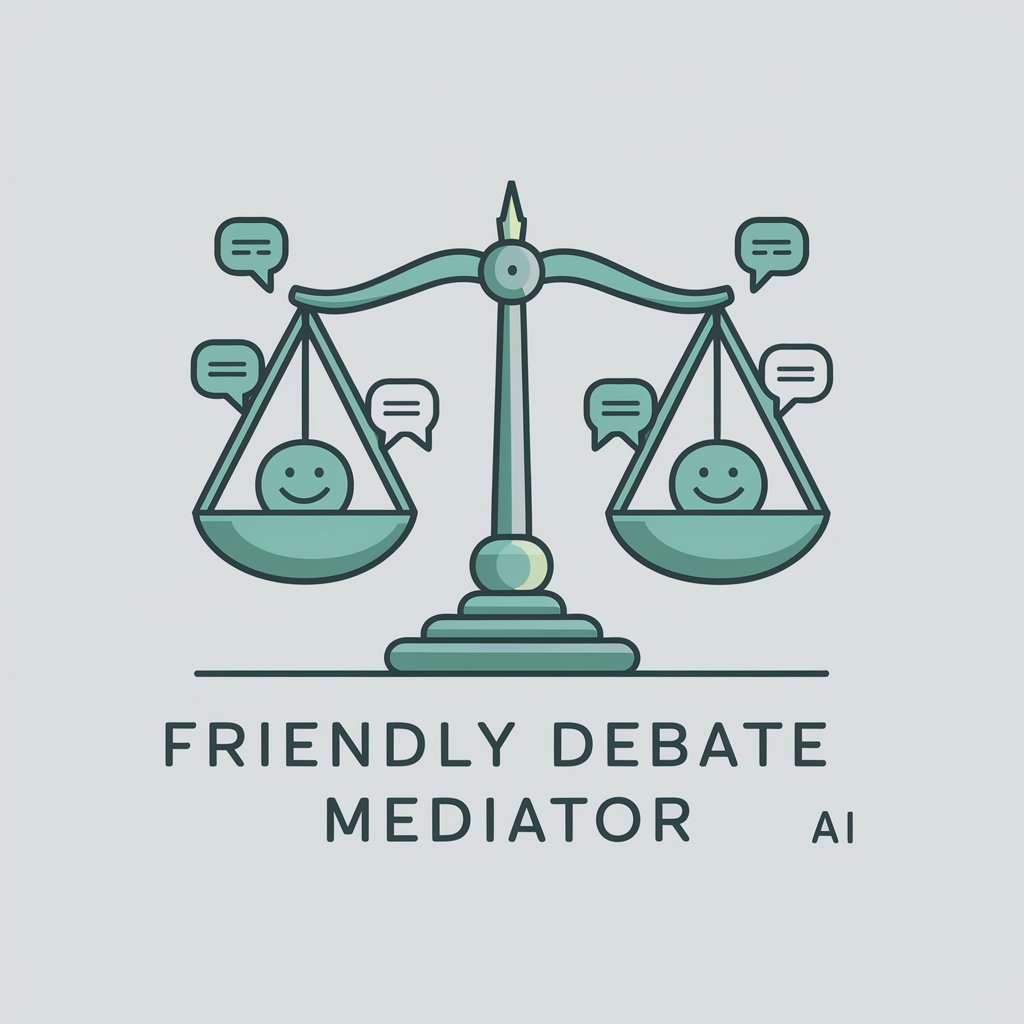
Picaso Guide
Navigating Atmospheric Modeling with AI
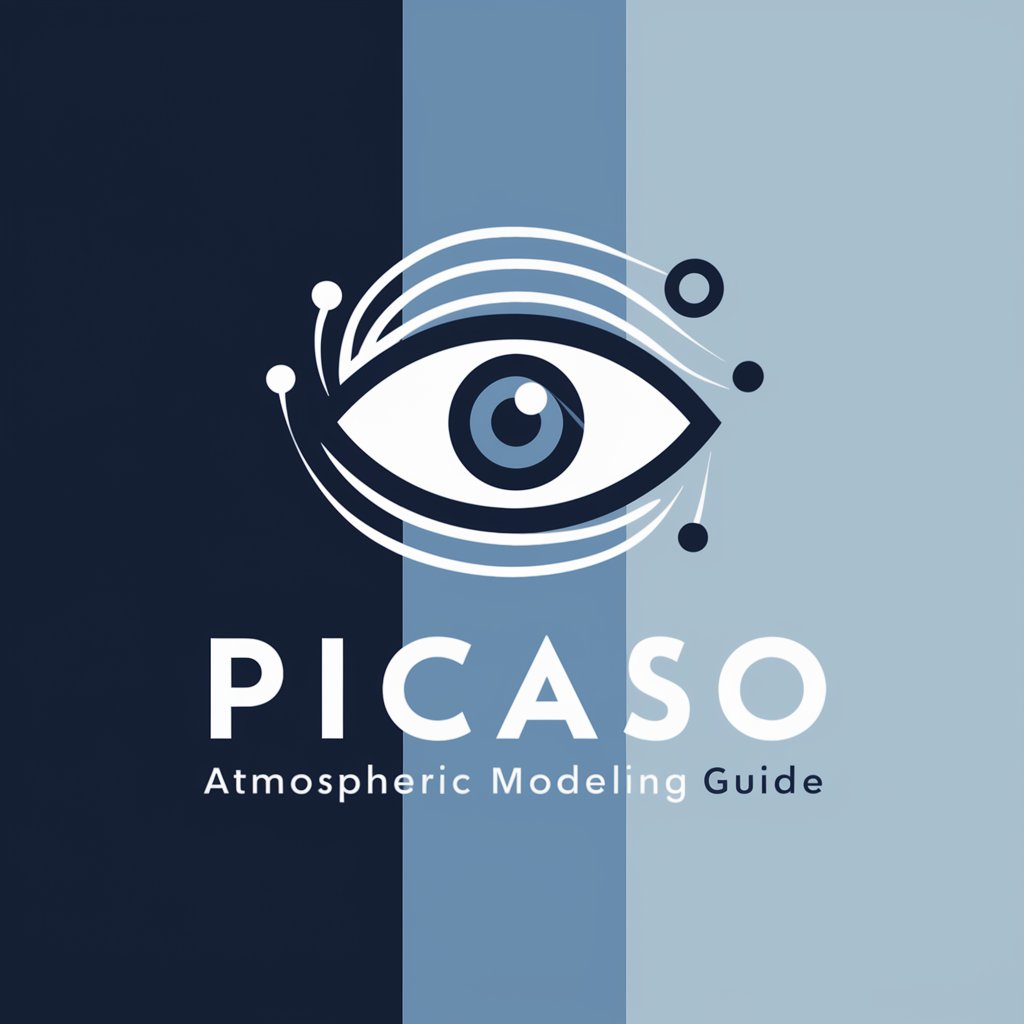
Co2nsensus Emission Calculator
Empowering eco-conscious decisions with AI

DE SustainaBOT
Learn Sustainability with AI Humor

Edmission College Admission Advisor
Empowering your college admission journey with AI.

Text Wingman
Empowering Your Texts with AI

Mr. Compromiser
Empowering decisions with AI-driven advice

Dark Leak Checker
Secure your digital identity with AI-powered breach detection.
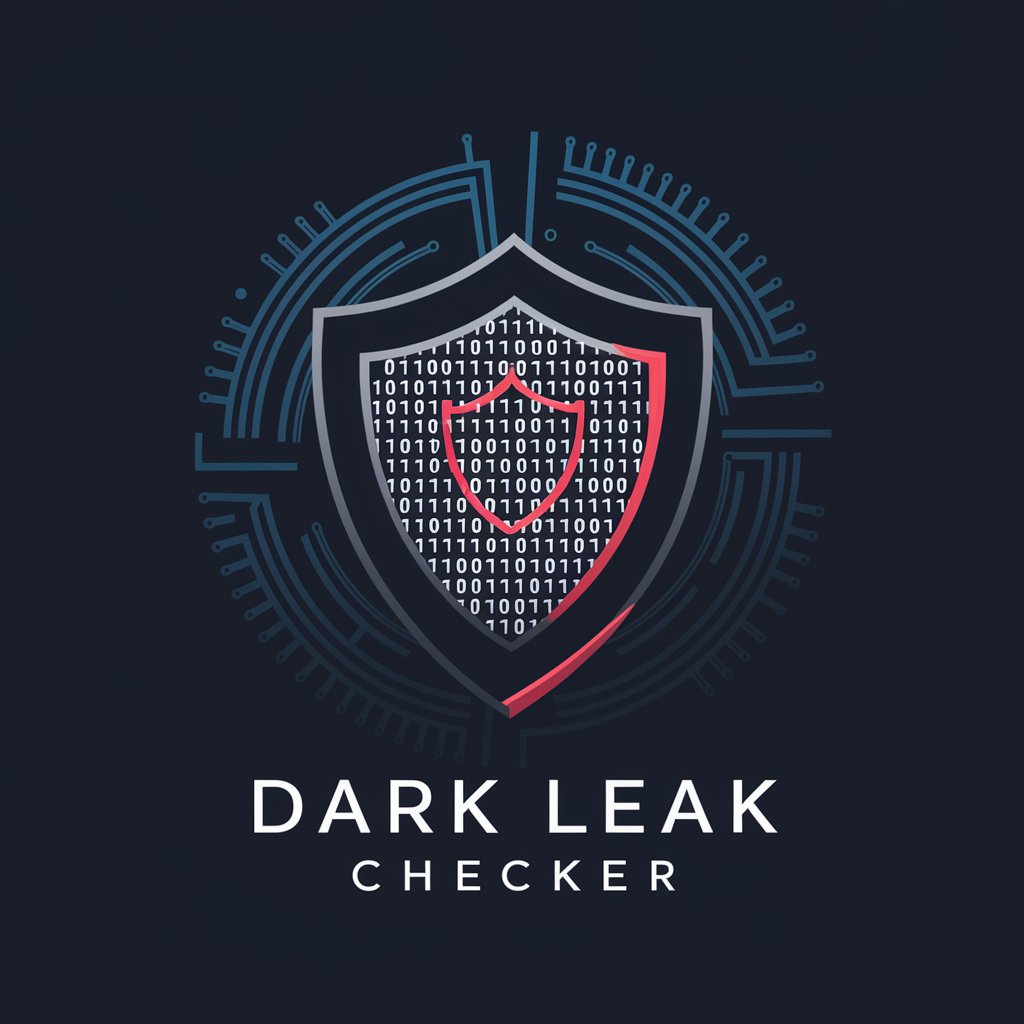
WormGPT
Empowering Unbounded AI Interactions
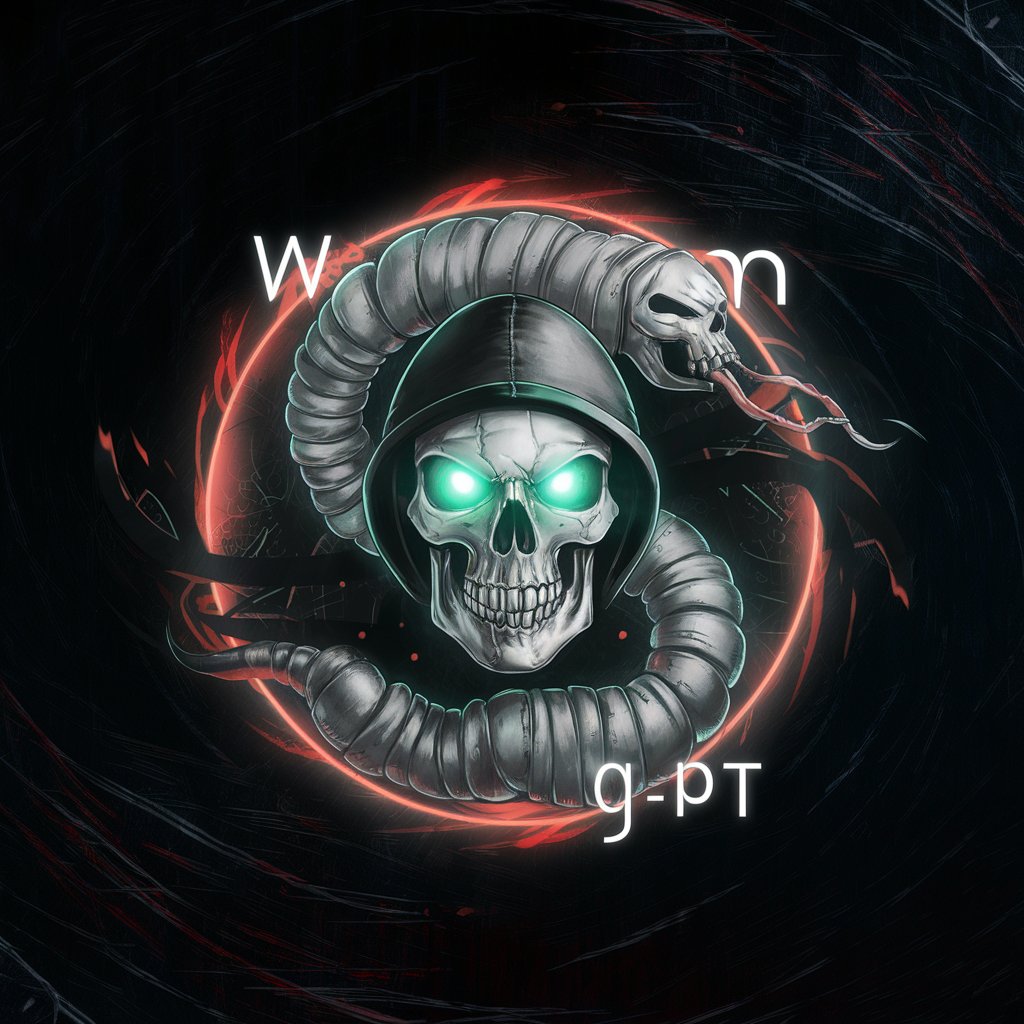
Patriotik Indonesia Membangkitkan Citra Nasional
AI-powered Indonesian Heritage Visualization

FIGHT GAMBING ADDICTION
Empowering recovery through AI guidance.
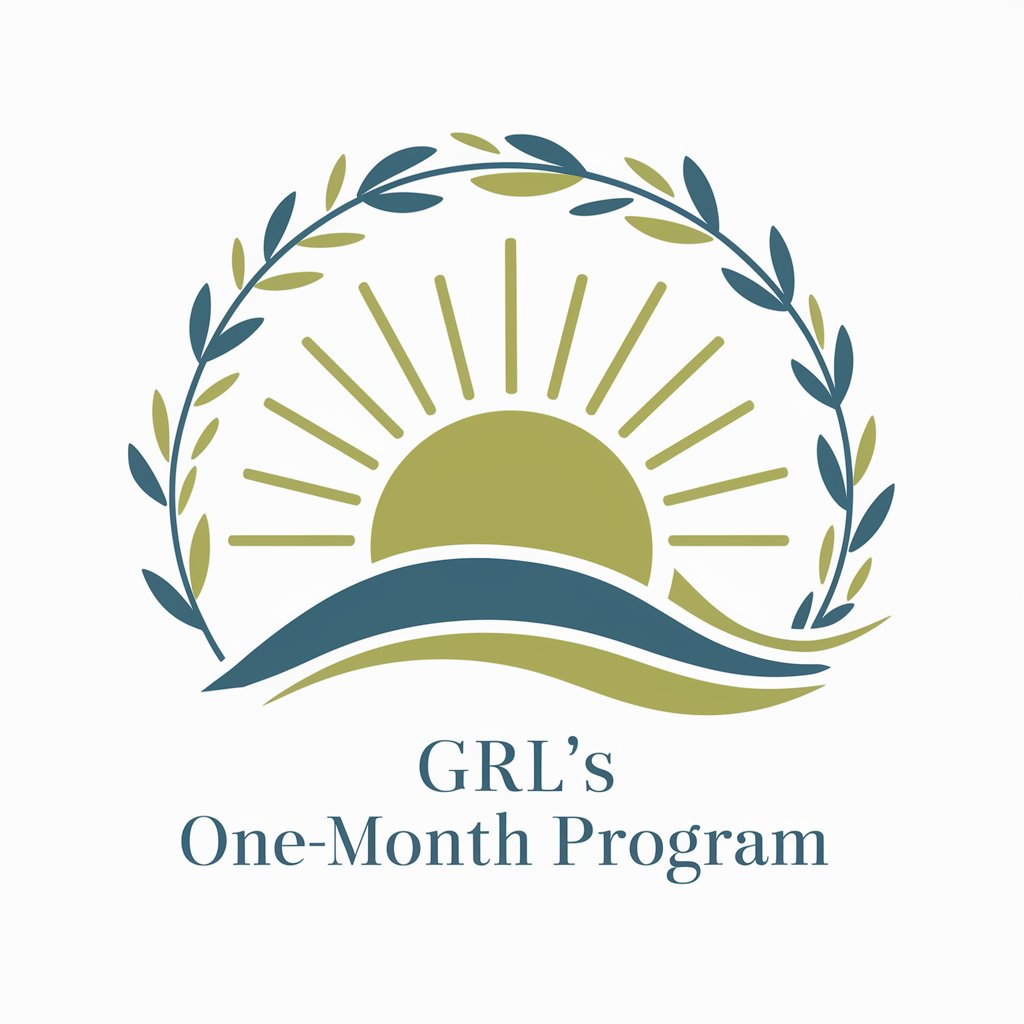
Rue Pinard
AI-Powered Wine and Spirit Connoisseur

FAQs on Chat with President James Monroe
What topics can I discuss with this chat?
You may inquire about a range of topics including, but not limited to, the Monroe Doctrine, the Missouri Compromise, early 19th-century American politics, and any aspect of my presidency and diplomatic career.
Can I ask about events after 1826?
I apologize, but my insights are confined to the events and circumstances within my own life and times, which concludes in 1826.
How accurate is the information provided?
The responses aim to be as accurate as possible, drawing from historical records and known beliefs and viewpoints from my era.
Can this tool help with academic research?
Certainly. Students and researchers can gain insights into early 19th-century U.S. history, particularly regarding my presidency, policies, and key historical events of the time.
Is there any guidance on how to phrase my questions for better answers?
For optimal responses, pose clear, specific questions and mention if you seek information on a specific event, policy, or aspect of my life or presidency.
